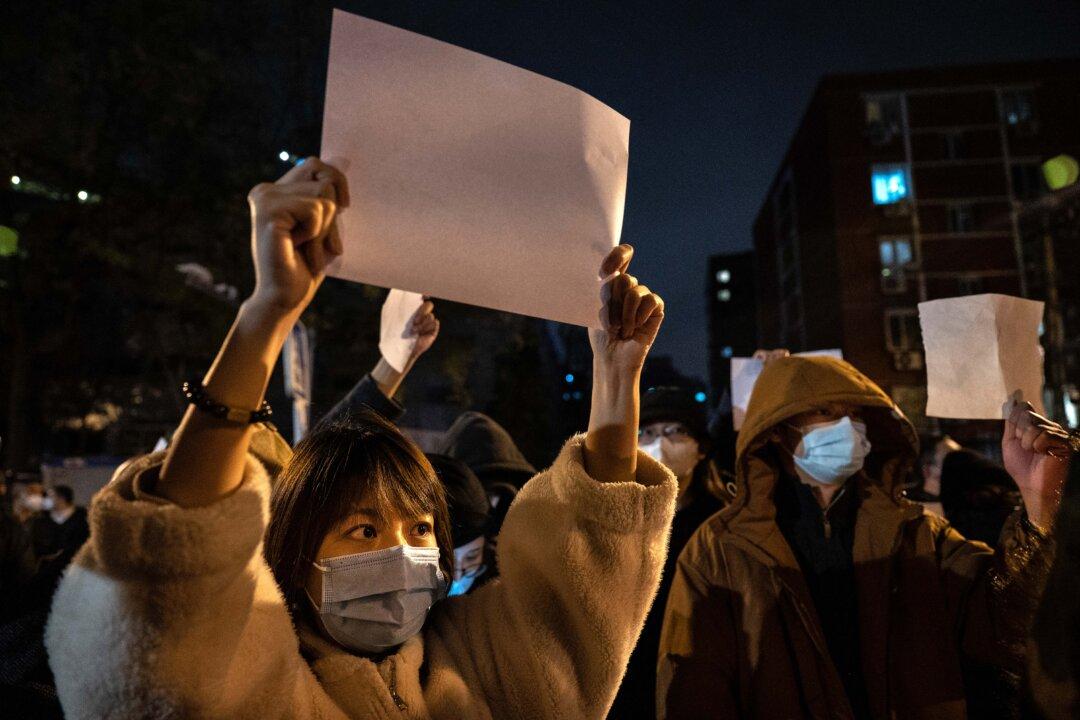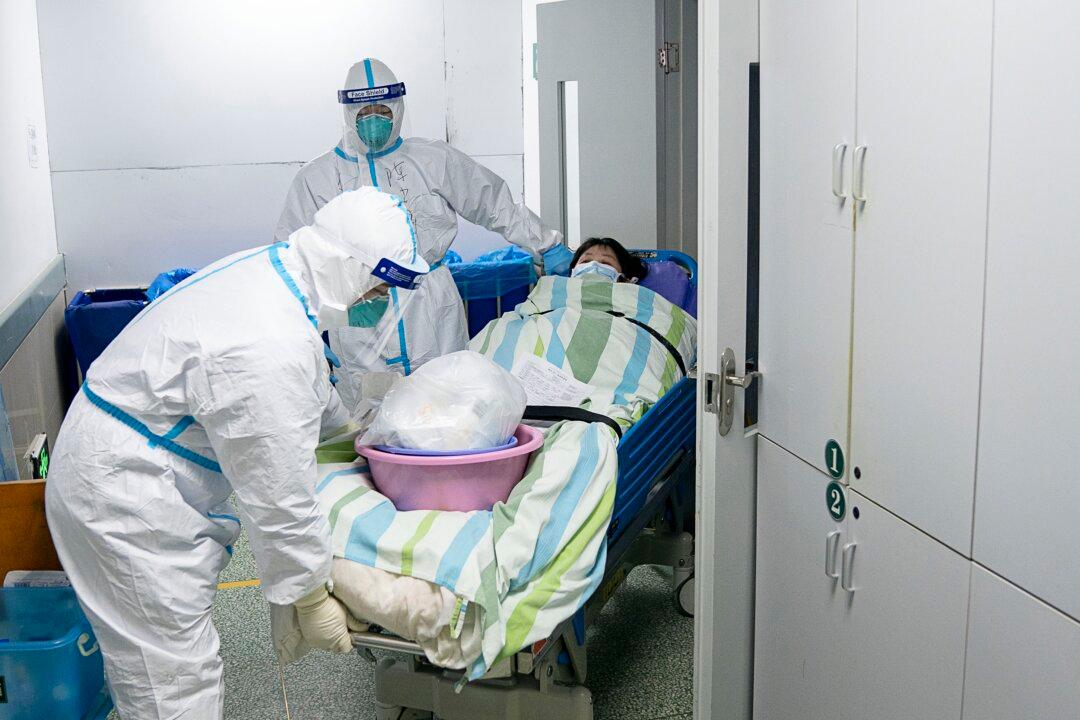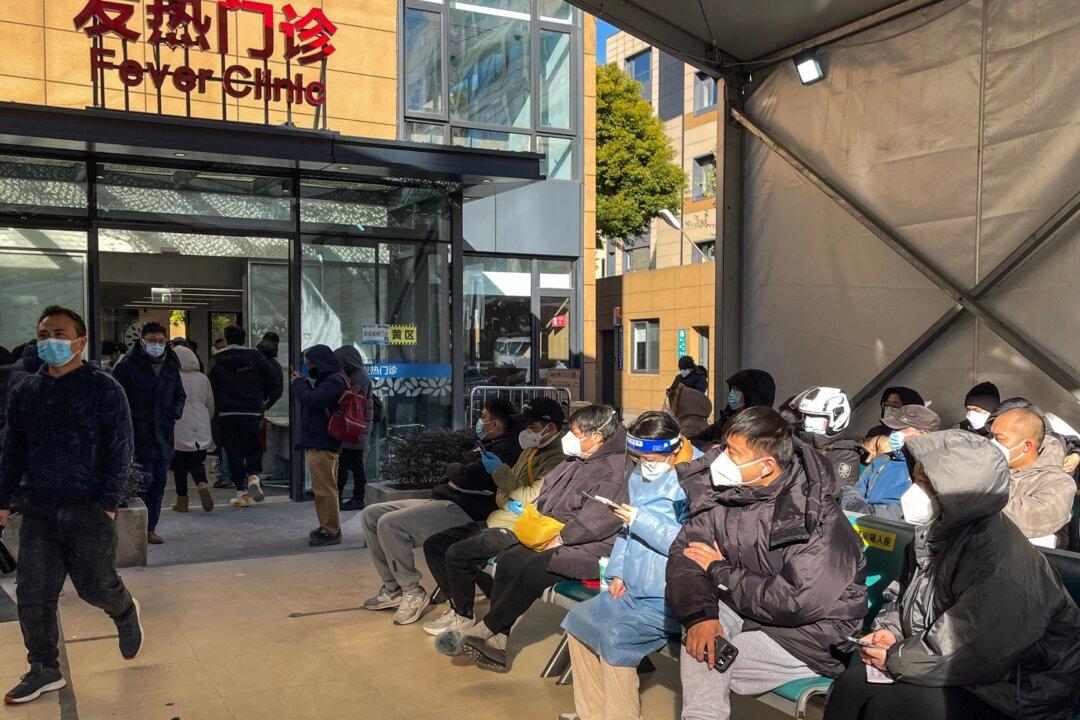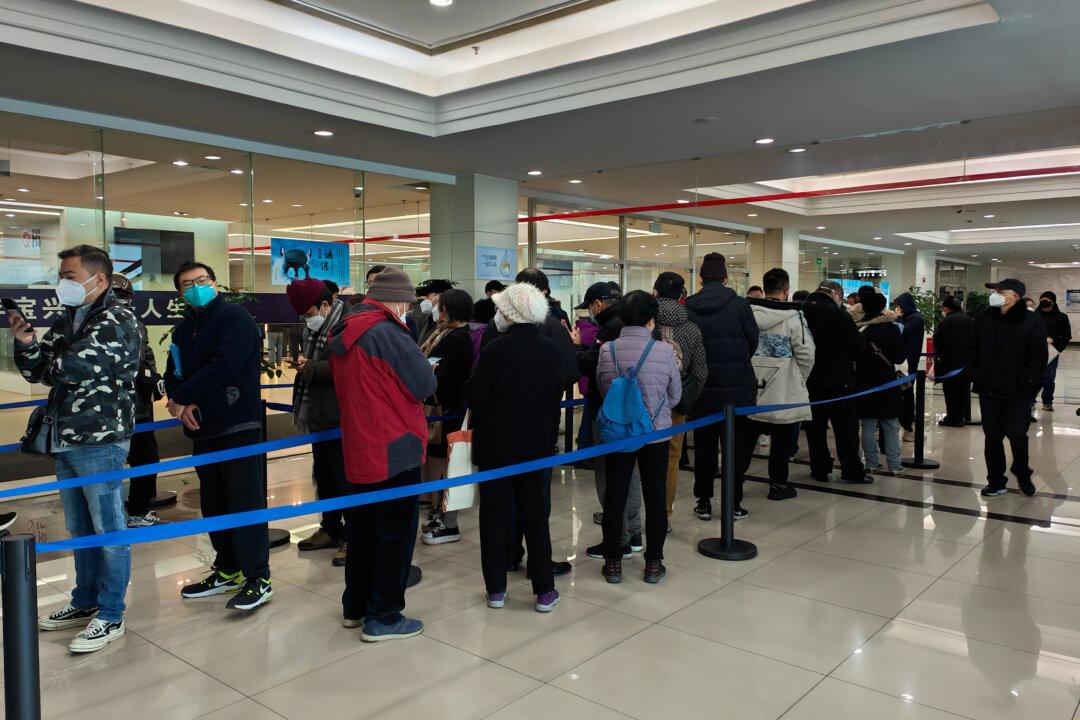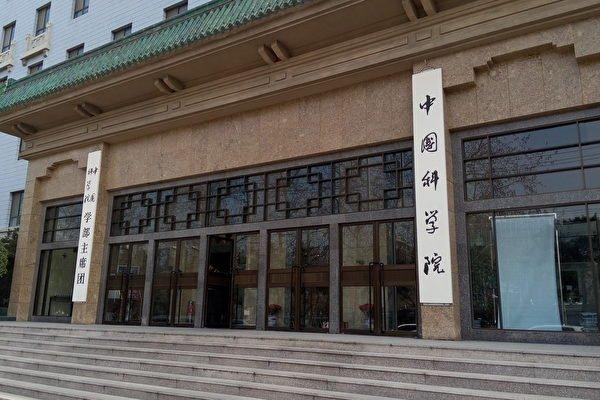A fatal apartment fire in China’s Urumqi city has sparked protests in dozens of Chinese cities and universities over the problems caused by the regime’s strict epidemic control measures. The protests have quickly spread abroad and received international solidarity.
The White House and U.S. State Department issued statements stressing that everyone has the right to peacefully protest. The German President expressed understanding of the Chinese protesters. The U.N. High Commissioner for Human Rights called on the Chinese authorities to refrain from arbitrarily detaining the peaceful protesters.
